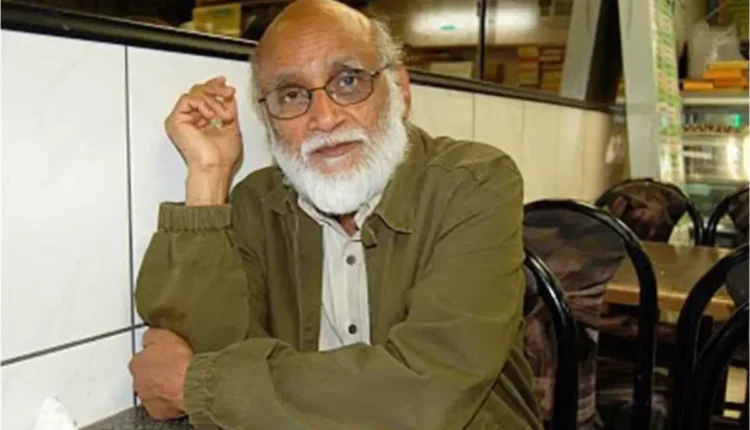Choudhri Mohammed Naim, a beacon in the realm of Urdu scholarship, stands as a testament to the enduring legacy of Urdu language and literature. Born on June 3, 1936, in Barabanki, India, Naim’s journey is a testament to passion, dedication, and scholarly pursuit.
The Academic Odyssey of Choudhri Mohammed Naim
Naim’s academic odyssey commenced at Lucknow University, where he embarked on his quest for knowledge, earning his M.A. in Urdu. His pursuit of excellence led him to the University of California, Berkeley, where he obtained his M.A. in Linguistics in 1961. Throughout his academic journey, Naim’s thirst for knowledge and commitment to Urdu pedagogy remained unwavering.
A Scholar’s Path
Joining the faculty of the University of Chicago in 1961 marked a significant milestone in Choudhri Mohammed Naim’s career. His tenure spanned decades, during which he chaired the Department of South Asian Languages and Civilizations from 1985 to 1991.
As a distinguished professor, Naim’s impact on Urdu studies reverberated across generations, shaping the academic landscape and nurturing scholarly inquiry.
Founding Academic Pillars
Naim’s legacy extends beyond the classroom, as he played a pivotal role in founding essential academic journals such as the Annual of Urdu Studies and Mahfil (now Journal of South Asian Literature). These scholarly platforms provided avenues for critical discourse and intellectual exchange, fostering a vibrant community of Urdu scholars and enthusiasts.
Championing Urdu Pedagogy
At the core of Choudhri Mohammed Naim’s contributions lies his authorship of the definitive textbook for Urdu pedagogy in English. This seminal work has been instrumental in shaping educational curricula and equipping learners with the tools to navigate the rich tapestry of Urdu language and literature.
Bridging Cultural Divides
Choudhri Mohammed Naim’s commitment to cross-cultural dialogue and understanding is evident in his translation endeavors. His translations of works by acclaimed authors such as Qurratulain Hyder and Vibhuti Narayan Rai serve as bridges between linguistic and cultural divides, enriching literary landscapes and fostering global appreciation for Urdu literature.
Insights on Urdu Journalism and Academia
In a candid conversation with Fahad Hashmi, Choudhri Mohammed Naim offers invaluable insights into the state of Urdu journalism and academia. His reflections on issues such as plagiarism and bias underscore the importance of ethical scholarship and intellectual integrity within the Urdu literary community.
Celebrating Artistic Resurgence
Amidst the challenges, Naim finds cause for celebration in the resurgence of art forms like Dastangoi and platforms like Rekhta. While acknowledging their transformative potential, he underscores the need for sustained efforts to preserve Urdu’s legacy and relevance in an ever-evolving cultural landscape.
Also Read: Jagadeesh Subbaiah Moodera: Pioneer in Spin-Polarized Tunneling

